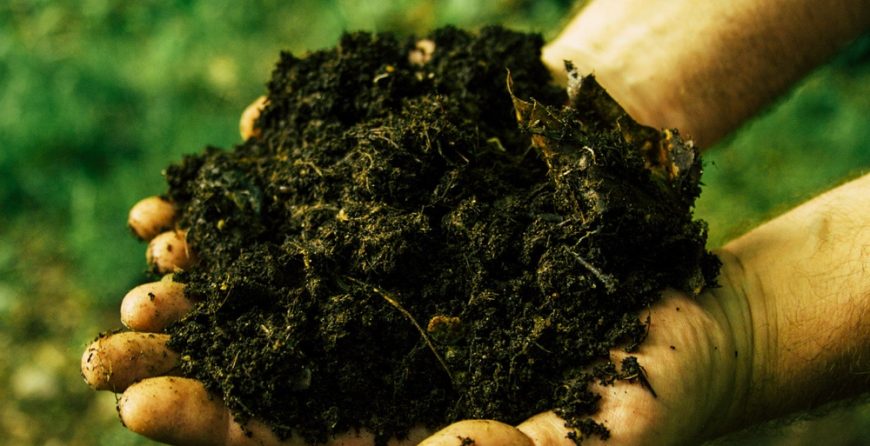 When you ask gardeners if they prefer organic to chemical fertilizer, you’re likely to get a variety of opinions. If you posed the same question to your plants, you’d likely discover that they can’t detect the difference. In fact, as long as your plants get the nutrients they need, they’re happy.
When you ask gardeners if they prefer organic to chemical fertilizer, you’re likely to get a variety of opinions. If you posed the same question to your plants, you’d likely discover that they can’t detect the difference. In fact, as long as your plants get the nutrients they need, they’re happy.
However, there are several differences between organic and chemical fertilizer, especially when it comes to their relationship with soil, plants, and the environment. So how do we determine which one is best?
For starters, let’s talk about what the word “organic” means. Simply put, organic means that the product is slightly processed. In organic fertilizer, the nutrients remain in their natural forms. The nutrients in chemical fertilizer are extracted and refined. Do keep in mind that when it comes to fertilizer, “organic” does not carry the same standards associated with food.
While ultimately there’s no right or wrong answer, we’ve put together a list of questions you should ask yourself if you’re thinking of using organic fertilizer.
What is organic fertilizer made out of?
Most organic fertilizers consist of plant or animal waste and powdered minerals. Popular choices are manure, compost, bone, and cottonseed meal. These ingredients are often used as soil conditioners rather than fertilizers, however, since the nutrient ratios cannot be guaranteed.
Where is it processed?
Generally, organic fertilizers are processed in factories or farms.
Where is it sold?
You can find organic fertilizer in most garden centers and nurseries. It’s often sold in individual bags, cases, pallets, cubic yard bags, or in bulk.
What are the benefits of using organic fertilizer?
- Often times, organic fertilizer contains worm castings, which have many benefits (be sure to see our other article on this topic). Organic fertilizer will release nutrients, improve your soil, and help your soil absorb water and nutrients. As a result, your plants will be stronger.
- Organic fertilizers are slow-releasers, which means it’s nearly impossible to over-fertilize your plants.
- Traditional fertilizers contain chemicals, salts, and other materials that can build up and become toxic. Organic ones do not.
- They’re biodegradable, sustainable, renewable, and friendly toward the environment.
- If you use organic fertilizer, your food will be free of chemicals and fossil fuels.
You can make it yourself!
What are the downsides of using organic fertilizer?
Most organic fertilizers have a limited working timeframe. This is because the microorganisms that are needed to break down and release nutrients in the soil need warmth and moisture. As a result, you’ll only be able to use it in the spring and summer – unless you live somewhere that’s consistently warm and humid.
If you’re not a patient person, you might want to stick to chemical fertilizers. The organic kinds break down as Mother Nature allows, so they might not have the nutrients right when you need them. Improvement won’t happen overnight, but if you can hang tight, you’ll be rewarded in the end.
How do you apply it?
Before you add any fertilizer to your soil, it’s important to conduct an analysis. Before planting any crops, test the existing nutrients in your soil, then find out the nutrient requirements for the plants you intend to grow. Add fertilizers based on the nutrients you need. You should also evaluate your soil’s texture, pH level, and organic matter content.
Time: The timing for using your fertilizer is just as important as your research. Avoid application in the winter and autumn months. In the extreme temperatures of winter, few plants will service, so apply your fertilizer in the spring.
Amount: Though using an organic fertilizer is unlikely to hurt your plants, you should follow the idea that less is more. To be on the safe side, use only a little bit in the beginning and work your way to larger amounts. Pay attention to the health of your plants throughout this process.
Conclusion
There are many ways to ensure your garden produces healthy plants as well as a great yield. Using organic fertilizer is a great way to keep your plants happy and producing bountiful yields come harvest time. It might be tempting to pick up a chemical fertilizer if you’re in a pinch, but your plants, family, and the environment will be a lot healthier when you grow with organic fertilizer.


